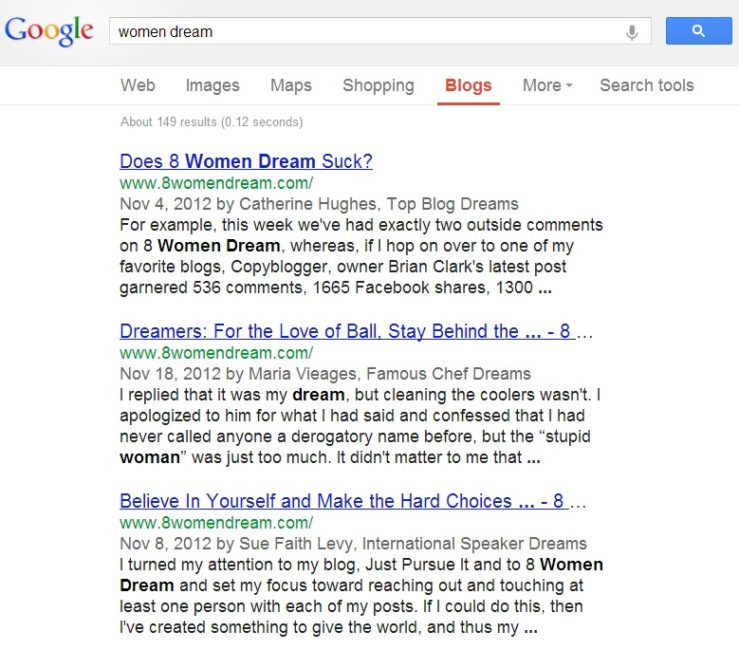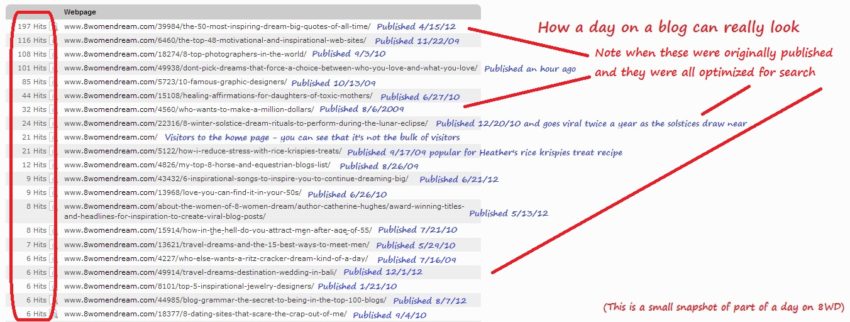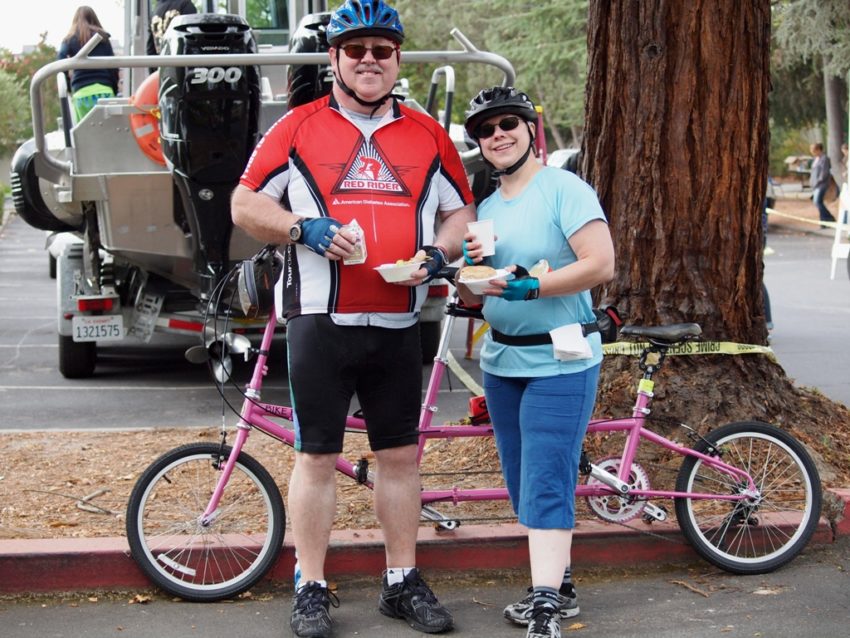When I was working in mortgage baking in the late 1990s automation was quickly becoming the next big thing. The idea that loan could be handled electronically from start to finish was revolutionary at the time and showed bright promise for the future of home lending.
I was part of a project to train and automate loan officers across the U.S. for a large financial institution. Since nothing like this had ever been tried before, we were completely in uncharted territory.
And automating the loan application process and everything the loan officer touched proved to be challenging (to say the least).
Not to mention the fact that we were dealing with the top producing loan officers, who were used to taking in and processing loan applications a certain way — and they were very successful at doing it this way — without laptops.
Part of my job on the project team was to handle phone calls from the loan officers that we trained in the field and to troubleshoot any difficulties they were having. I was also instructed to convince them, no matter how much they hated everything, to continue using their laptops and take loan applications electronically.
No pressure.
One particularly crazy day I was asked to take a call from an angry female loan officer that no one on the team wanted to help anymore. I prided myself on these types of calls because I was married to a loan officer and I had performed just about every job within the mortgage banking industry. I believed with all my heart and soul in what we were doing and I knew it would improve their lives, combined with my technical skills it was pretty easy to figure out any of the issues loan officers might be experiencing and keep them working with us on the project.
But this female loan officer loved to yell about how much she hated the software, how difficult everything was, and was convinced at the beginning of every call that she had found something with the software that rendered it permanently unusable and now she could officially quit the project.
Each time I’d figure out what she was doing wrong, or walk her trough a work-around and she’d hang up the phone with a slam. She called every single day and over time, she’d specifically ask for me by name. “You are the only one that gets it!” she would say yelling into the phone.
Over time her demeanor changed and she seemed calmer when dealing with the software and her calls went from once a day to once a week . . . and then I stopped hearing from her altogether.
I assumed she had quit the project.
Later that same year we had a major upgrade to the loan software and I had to travel to her regional office to train the participating loan officers on what was new .
.
As I walked down the long hall to the conference room I noticed the female loan officer’s name on one of the office doors.
“Oh crap!” I thought, “She is going to yell at me in front of everyone.”
I could hear her voice loudly speaking to someone in her office. I tried to run by her office in a quick dash, but as I was barely 3 feet beyond the door I heard her yell,
“Catherine Hughes?! Is THAT you?!?”
Shit. How did she know who I was?
I sighed and turned around ready to face her personal opinion on the automation project. There siting in this office was a thin, petite, beautiful brunette grinning at me from ear to ear.
“Sit down and wait for me. I’ll be off this call real quick!”
She turned her attention to the portable headset she was wearing and proceeded to complain to the person on the phone that she was not about to process a loan by hand and her loan processor was just going to have to “deal with it!”
She was “not going back to the way it used to be!”
I sat there in stunned silence, sure that I had walked into the wrong office.
As I glanced around the room I noticed 2 laptop computers, 2 printers and a huge plastic floor mat that allowed her to wheel her chair about her office multi-tasking on all forms of technology. She had become the most automated loan officer I’d ever seen. When she clicked off her call, she removed her headset and proclaimed,
“Can you believe it? My processor wants to see handwritten documents? Are you kidding me? I am not going back to the stone ages!”
I looked at her, burst out laughing and said, “You bitch!”
She laughed so hard I thought she was going to pass out.
Then she asked me for a hug.
“Thank you for all of this,” she grinned and held me tight. “Because of you I can work from home when I need to and be around my little girls. Gone are the nights of being stuck at the office and missing putting my girls to bed. Now if one is sick I can work from home. I can be with my family. Thank you so much. I’m taking you to dinner tonight!”
We hugged as I tried not to cry tears of joy for her. As awful and wrong change seemed to her, it actually turned out to be the very best thing that could have happened to her world.
Doing something old in a new way changed her life.
And why am I sharing this story?
Because I see the same resistance in writers about publishing a blog. I’ve had published authors say to me that they will never have a blog while unpublished authors have announced to me that writing blog posts with search engines in mind compromises their writing –and they will have none of that!
Their arguments are exactly the same ones that I heard from loan officers wanting loan transactions to remain on a yellow paper legal pad verses a laptop. I often wonder if early type-setters heard the same from people who wanted to continue drawing on walls for communication.
Adapting your writing to meet the modern demands of society is not a bad thing and it can be very good for your writing career.
In the past, publishers and agents handled the details that writers are now forced to decide because the barriers to entry have been opened, but now that these decisions are up to the writer, I see writers resisting doing what a good publisher or agent would have made them do if publishing was still in control.
The reality is that the Internet has rained down upon the publishing industry like a tsunami and wiped out everything we once understood about writing and selling our stories. You either adapt to the technology or your writing dies a slow death with no one able to find the great stories you have to share.
One of the biggest areas I see resistance from writers is in the area of keyword research for their stories and using keywords in blog titles and in their stories online. They believe that merely the cleverness of a title and great writing will bring an audience running to them.
WRONG.
(Unless of course you are famous, then you don’t need to be reading this.)
Here’s why.
There are over 181 million blogs on the Internet. Read that number again and let it sink in.
That’s 181 million bloggers trying to gain the attention of your readers. And how do readers find them?
By search.
PERIOD.
Here’s how blogging really goes.
You write a blog post and hit publish. That one time published post gets indexed by search engines and maybe you share it with your friends. Maybe some people subscribe to your RSS or get notified via email. Your entire reach could be about 200 people, and of those 200 people, maybe 20 come by to read your post and that’s it.
Your post is done being read by the public.
You’ve just spent hours and hours working on the best thing you’ve ever written and 20 people are the only readers who will ever see it and 6 of them are your immediate family. Four others will click off your blog right away because your opening paragraph doesn’t confirm what they were looking for.
The post is not optimized for search, so it will never be found again.
It’s done. Finished. Dead.
There is no such thing as “build it and they will come” or “hit publish and they will come.” Stop thinking that way! NOW.
The secret to blogging success, known by top bloggers throughout the world is that it’s the old, search-engine friendly, optimized posts that bring you the most traffic and fame over time and have the best chance of going viral.
Read that last sentence again.
Place high in search for a specific term with a title that lets searchers know that you have what they are looking for and they will come to your site in volumes to read that post over and over again, regardless of when it was first published.
Most bloggers are under the mistaken idea that the bulk of their visitors come to their website home page to find them, when the truth is the bulk of your visitors will come to your blog through old posts they find through search engines.
This image says it all (click on it to see a larger view) —
It isn’t today’s posts that will make you famous, but more likely an old post that you’ve forgotten about.
It is in your best writing interest to research your topic and find the keyword phrase that best describes what your blog post is about and write with that phrase in mind. The changes to your story can be subtle — changes you may notice, but your reader will not.
For example, I also write articles for dentistry. When I use the word “patient” in my articles I make sure to write “dental patient” instead. This slight change in wording helps search engines understand that my article is intended for the dental community and not for the medical community at large. The difference in this search phrase means I will get a more targeted visitor to my article who is more likely to be interested in my story.
I leave nothing open to confusion.
This is the reality of the Internet and the way people find the information that they are searching for. The Internet was invented to share information. It’s why most people use it. And you can help them by making it easy to find your stories with some simple modifications to your writing.
You are not writing a book. You are writing for the Internet.
Don’t resist it. Don’t insist on doing things the way you used to, or the way you learned in school. That way of thinking is dead. Technology is changing everything. Adapt or be left behind. Trust me, there are young bloggers out there who don’t give keyword research a second thought — they live to search for new stuff. They get it. They know what “hot words” best describe their blog posts and they use them.
Being willing to accept that writing and publishing online has changed the way we write, and I might argue, has made our writing clearer.
Search research can also let you know when you are writing about something no one is interested in reading.
This knowledge can save you years of time and heartache as a writer — freeing up time to spend doing more with those you love. Maybe you’ll write instead about living an inspired life and the world will flock to read it.
And that’s the kind of blogging success I want for you.
Catherine

Catherine Hughes is an accomplished magazine columnist, content creator, and published writer with a background as an award-winning mom blogger. She partners with companies to create captivating web content and social media stories and writes compelling human interest pieces for both small and large print publications. Her writing, which celebrates the resilience and achievements of Northern California’s residents, is featured in several magazines. Beyond her professional life, Catherine is passionate about motherhood, her son, close friendships, rugby, and her love for animals.
Note: Articles by Catherine may contain affiliate links and may be compensated if you make a purchase after clicking on an affiliate link.






